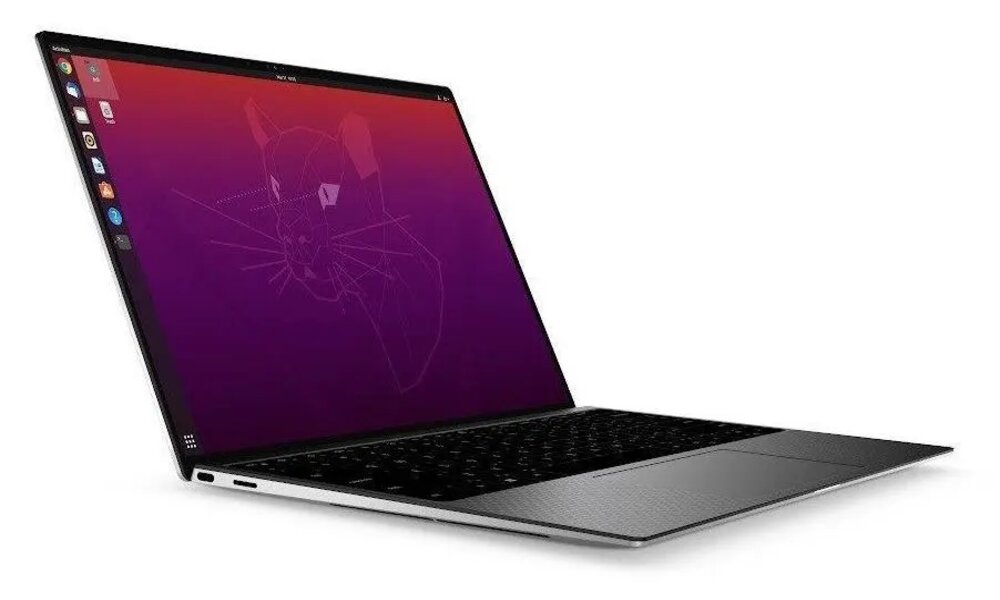
The marketing and popularization of the laptop Dell XPS-13 with Ubuntu Linux It is completely generalized. Many generations have acquired this efficient device, which behind it hides a clear success story and an alliance between the British programming company, Canonicaland Dell.
In 2012, one of Dell’s executives, Barton Georgeannounced the launch of an innovative initiative called Sputnik Project. The goal was to offer Open Source developers a laptop that completely adapted to their needs. Through a internal investment program The new laptop based on the Dell XPS-13 was launched and with Ubuntu 12.04 LTS.
The launch of Ubuntu 24.04 LTS “Noble Numbat”the next reference version of the Canonical distribution.
The origins of Project Sputnik
That idea came from Stephen O’Gradycorresponding to the company redmonk, when he proposed to Dell that it offer a machine that was more advanced for its time and that it would be the philosopher’s stone for developers around the world. The project won technical efficiency by incorporating the latest version of Ubuntuwhich would be a resounding success for Canonicalparent company of Ubuntu Linux.
Canonical convinced Dell to install Ubuntu, but keep in mind that Dell had been supporting Linux on its laptops since the 2000s. And Dell had presented Linux-based workstations with Red Hat Enterprise Linux (RHEL).
Dell started an internal innovation fund, receiving $40,000 to undertake the project. First, an official team was formed, although none of the developers were dedicated exclusively to this task. They soon started contacts with Google and Amazon to get your powerful Ubuntu Linux-equipped computers up and running.
At first it was created a preliminary image that people could use on the XPS-13, developers could download it and start working with it. However, it was not an official or compatible version.
The Sputnik Project contemplates the presence of drivers and patches so that the hardware worked with its full potential, with tools that were widely used among programmers and that allowed us to go to GitHub with different developer profiles.
The initial beta program had a 10% discount offer to attract about 300 users, but ultimately there were 6,000 people those who opted for the project. Its full launch took place in just nine months.
Why Project Sputnik?
The name Project Sputnik is a tribute to Mark Shuttleworth, founder of Ubuntu and CEO of Canonical. And, before the launch of this innovative project, Shuttleworth had spent eight days orbiting the Earth in the Soviet spacecraft Soyuz. However, Soyuz did not sound too attractive and that is why they opted for Sputnik.
The initial deficiencies of the project
Initially, there was many problems to solve in hardware support, relating to the WiFi key or multitouch support on the device’s touchpad. Although initially the project had a duration of six months, these teams were eventually consolidated as the companions of the Open Source developers.
Agreement with Intel
In July 2023, the availability of Ubuntu, in optimized real-time, on Intel processors was made official. A true revolution to take advantage of an optimized Linux kernel on Intel silicon and other use cases. In this way, it can be implemented in the telecommunications, healthcare and automation systems in production plants. Thus, companies can handle more demanding workloads in the era of edge computing and scalability.
Demands for Linux have increased around the world to optimize operations, improve efficiency, and ensure mission-critical systems function properly. To this we must add that Intel Time Coordinated Computing (Intel TCC) is at the forefront of computing performance for real-time applications.
Thus, with comprehensive support for the IEEE 802.1 Time-Sensitive Networking (TSN) standard, Intel TCC provides a variety of platform-wide enhancements with optimizations that prioritize real-time workload access to cache, memory and networks. In this way, disruptions are minimized and performance is improved efficiently.
TSN works to ensure timeliness of critical operations and efficient data scheduling by synchronizing time between nodes and the network. Ubuntu real-time optimized for Intel processors provides a unique framework for developers and businesses for real-time computing. Remember that Canonical offers a maximum of ten years of update support, as well as the availability of OEM images adjusted to the customers’ own requirements.



